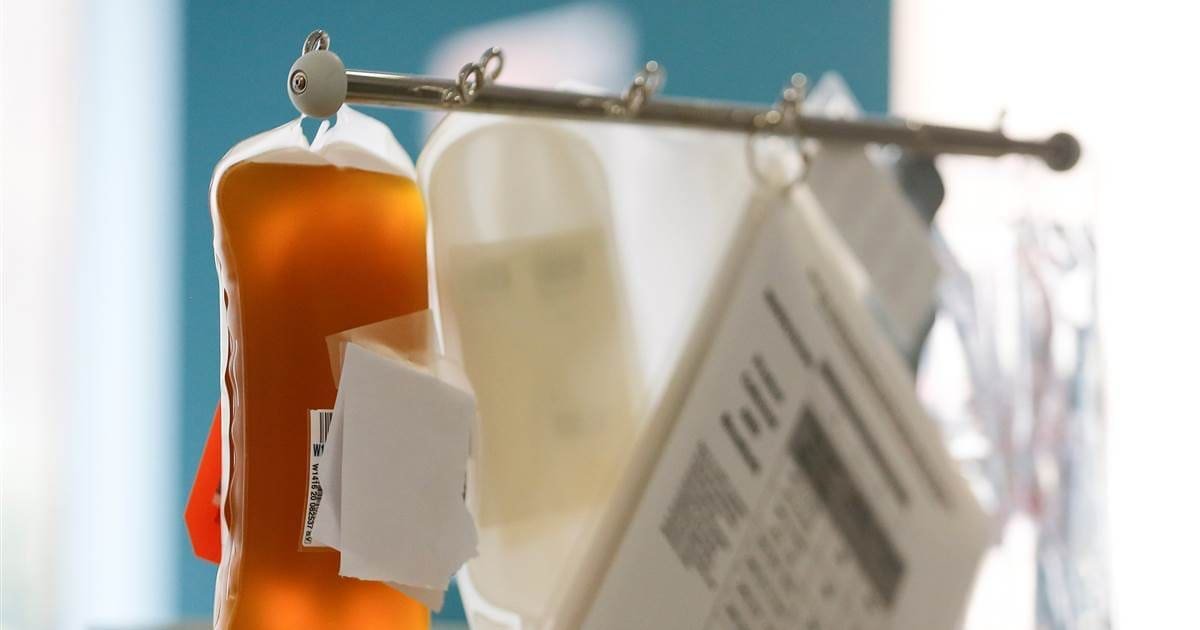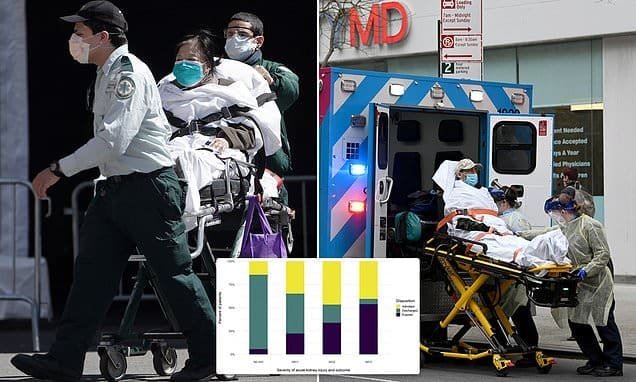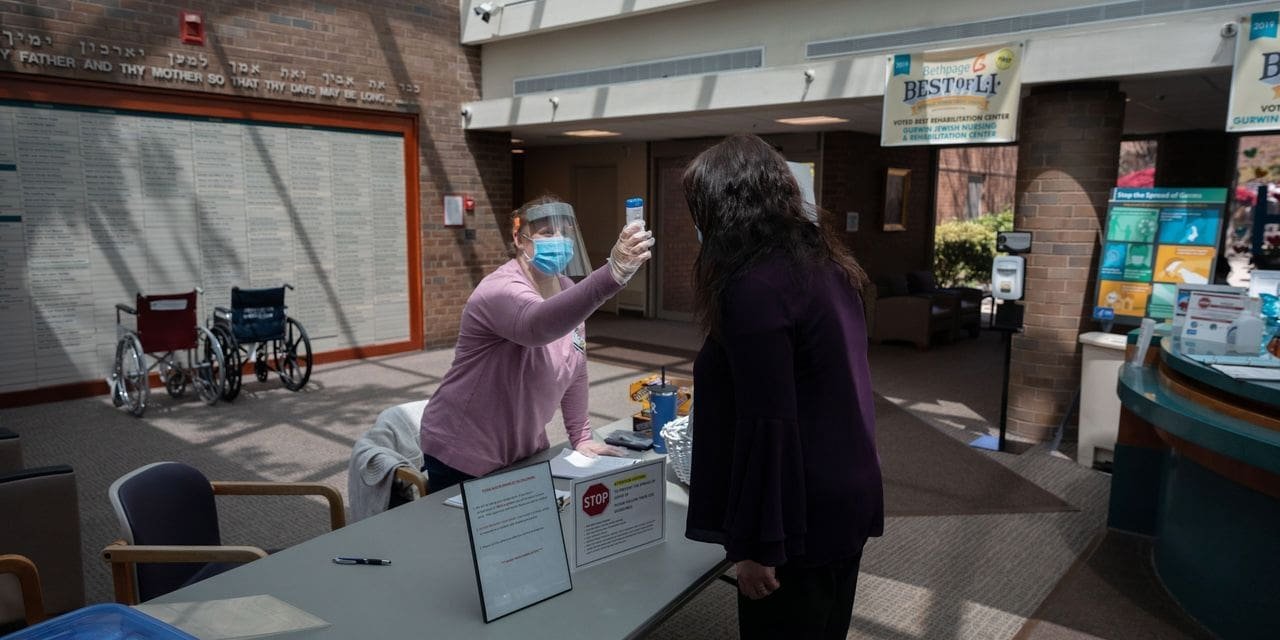What’s open in Newfoundland and Labrador under Alert Level 4

Chief Medical Officer of Health Dr. Janice Fitzgerald called the move to Alert Level 4 on Monday, May 11 “a considerable milestone.”
While the province still has to move through two more alert levels after number 4 before it gets to Alert Level 1 — a stage reached when the long-term public health measures can be lifted — Alert Level 4 does bring a few changes.
Transportation and gatherings
As of Monday, passengers on provincial ferries will no longer be restricted to only essential travellers. However, ferry users are encouraged to travel as little as possible to help prevent the spread of COVID-19.
All passengers will still be required to remain in their vehicles during crossings, and passengers without vehicles will be required to stay six feet from others. Capacity will still be limited to 50 per cent of a ferry’s regular capacity. Current ferry schedules will be maintained. Passengers are also encouraged to wear non-medical masks or face coverings whenever possible.
With Alert Level 4, gatherings for funerals, burials and weddings are now expanded from five to no more than 10 people, as long as physical distancing can be maintained.
“The expansion to 10 people does not mean individuals can start throwing parties, holding dinner parties, or arranging large family get-togethers,” reads a news release from the province on Sunday.
“People are reminded to remain in their own household bubble or chosen double bubble as first announced on April 30. People should not have close contact with anyone else outside their two household bubble.”
Visitations and wakes remain prohibited.

Recreation
As of Monday, golf courses and driving ranges will be permitted to open, with restrictions. Some of those restrictions include a mandatory tee time (no walk-on players permitted); payment in advance by telephone or online; retail sales must be restricted to curbside pick-up or delivery; clubhouses, locker rooms and common spaces except washrooms must remain closed; lessons, league play and tournaments are prohibited; and golf club rentals are not permitted.
Mini-golf courses are not permitted to open.
Recreational angling and hunting are also permitted, with restrictions. Hunters and fishers can only hunt or fish with members of their bubble, and groups should be limited to no more than five people.
Municipal parks are open, but playground equipment is not to be used.
A post shared by St. John’s, NL, Canada (@cityofstjohns) on
In St. John’s, the city further clarified that hard surface courts, dog parks, skate parks, outdoor sports facilities, picnic areas including tables, pools, splash pads and beaches will remain closed. Outdoor washrooms in parks will be open.
In St. John’s, parks are open for walk-through only, and one-directional travel signs will be posted where trails do not allow for two metres separation. Informal or regulated sports activities that require contact, including all team sports, are prohibited.
Bowring Park Duck Pond will remain closed.
Community gardens in St. John’s are permitted to operate, with restrictions posted on site.
“As long as people are well and not required to self-isolate for any reason, outdoor activities are encouraged. Activities, like walking, hiking, or bike riding, are all encouraged as long as physical distancing can be maintained,” reads a news release from the province.

Businesses and services
Beginning Monday, regional health authorities will begin to allow some health care services to resume, but visitor restrictions remain in place. Information on these services will be made available to the public through the regional health authorities in the coming days.
Private health care clinics remain closed, except for urgent and emergent care, with virtual care options available for non-urgent care. This does not apply to physician and nurse practitioner clinics – they are open for routine medical care, according to the Newfoundland and Labrador Medical Association. However, physicians and nurse practitioners are seeing patients mostly virtually or by telephone, unless it’s deemed necessary to see a patient in person.
Regulated childcare centres may reopen, with restrictions in place.
Professional services, including accounting firms, law firms and financial services can offer in-person services, as long as physical distancing and hand washing can be maintained. Work from home policies are encouraged.
In-person worker and workplace safety training, such as Standard First Aid and Basic Safety Training, will be permitted.
Gardening centres can open for in-person sales and service. Landscaping and lawn care services can operate.
Animal daycares can resume operations.
City of St. John’s Humane Services will resume its low cost cat neuter program, and will begin offering contactless animal adoptions.
The form to apply for the neuter program is available at stjohns.ca. Animals available for adoption will be posted on the Humane Services Facebook page.
The shelter remains closed to the public, and services are suspended for the spay program, owner surrenders, euthanasia, live trapping and pet safe keeping. The shelter continues to respond to stray medical emergencies and animal control issues by dialing 311 or emailing access@stjohns.ca. Lost and found animals can be reported by email at humaneservices@stjohns.ca.
As was previously permitted under Alert Level 5, retail stores that are not essential are closed to in-person service but can offer online or telephone sales with delivery or curbside pick-up options. As well, restaurants can offer take-out, delivery and drive-thru options.
Robin Hood Bay
The residential drop off at Robin Hood Bay will also reopen on Monday for bagged household garbage and metal only. This is phase one of a planned reopening for all services at Robin Hood Bay by the end of the month.
It’s expected that the number of visitors to the facility will be high, so people are asked to visit the site on their designated day based on the first letter of their surname: Monday — surnames A-E; Tuesday — surnames F-J; Wednesday — surnames K-O; Thursday — surnames P-T; and Friday — surnames U-Z.
The dump will be open Monday to Friday 8 a.m. to 4 p.m. with extended hours on Thursdays from 4 to 7 p.m. for users of any surname who cannot make it during regular business hours.
People are asked to limit the amount of garbage so that it can be unloaded in less than five minutes.
At least 28 days before Level 3

Despite the broadening of freedoms, people are still encouraged to stay home as much as possible, except to get essentials such as groceries and medications.
Fitzgerald said to be successful in this transition, people must continue to follow prevention practices such as proper cough and sneeze etiquette, frequent hand washing, and keeping a safe physical distance from others while in public.
“I cannot overstate the importance of these measures as we move through the alert levels according to our plan,” said Fitzgerald.
She said moving to Alert Level 4 “does not mean that we are in the clear to do whatever we please, rather it means if we tread slowly and carefully, we will again regain some of the freedoms we have lost due to COVID-19.”
Fitzgerald said she’ll reconsider any business that is not yet allowed to open on an ad hoc basis. One of those is pet grooming.
The province will remain under Alert Level 4 for at least 28 days before it is determined whether it’s safe to move to Alert Level 3.
Twitter: @juanitamercer_
RELATED:





Recent Comments